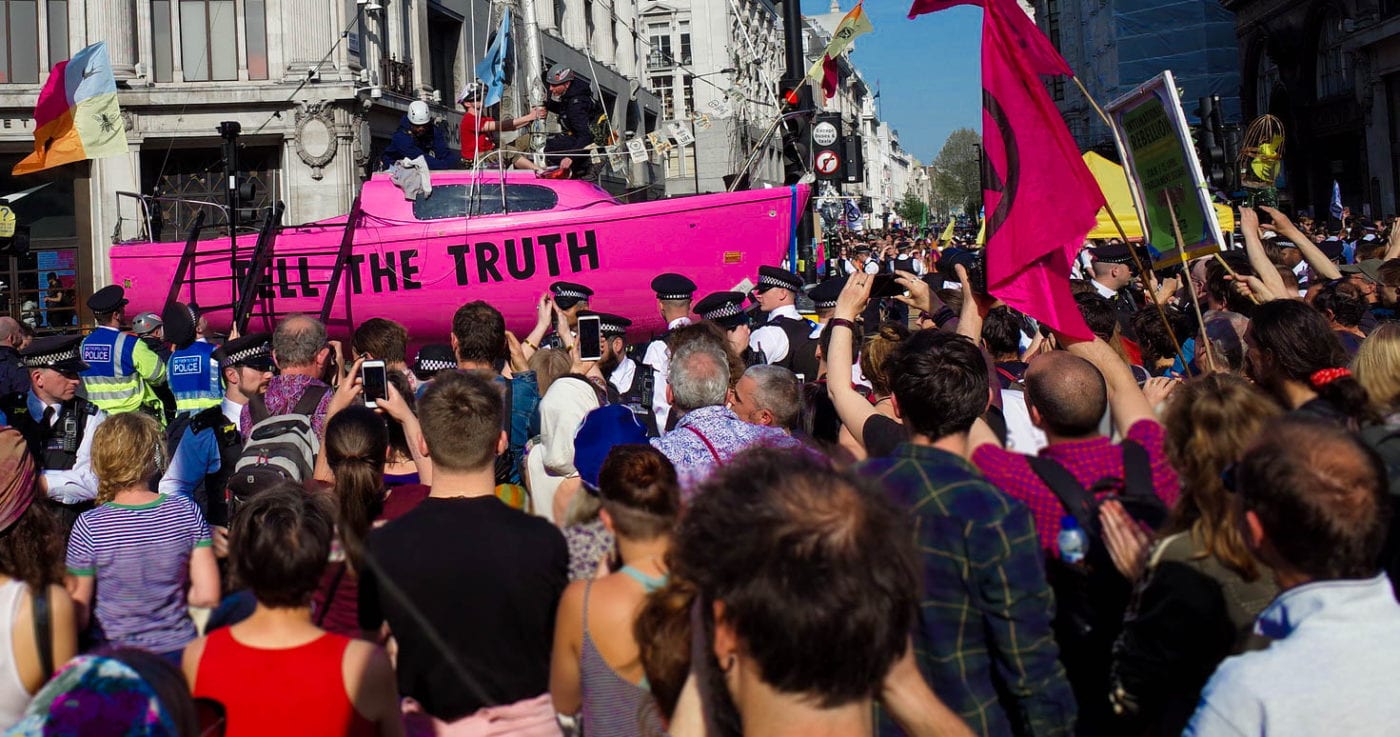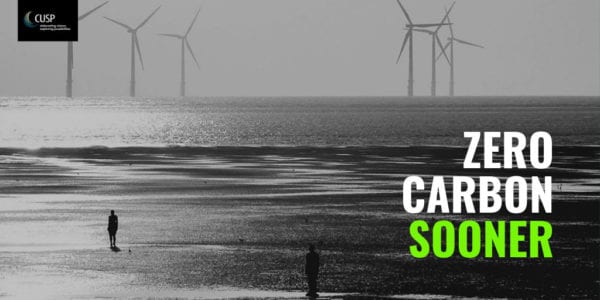Engagement in a new climate
Environmental engagement is on television screens, in the streets and at your local book group; everyone’s doing it. Whether you’re engrossed in the latest nature documentary or watching the news in the evening, environmental communicators are everywhere and everyone.—A recent edition of the Journal of the Institution of Environmental Sciences focuses on the new radicalism in environmental engagement. This blog was written for the Editorial.

More than 30 years ago, I walked through the doors of Greenpeace UK’s offices and offered them my services for free. It was a few days after Reactor No 4 at Chernobyl had suffered a catastrophic meltdown and I wanted to do something. I was comfortable with numbers and ideas – I’d studied maths and philosophy at university – and I believed these were useful assets for a campaigning organisation seeking to change the world. They agreed, and that was it.
At that time, almost all of the work on alternative futures was being done by organisations like Greenpeace and Friends of the Earth. So it was easy enough to see where the battle lay: big business and blind government were the indisputable bad guys. Against ‘there is no alternative’, we posed ‘another world is possible’. And we believed it – passionately.
By the early 1990s, when awareness of climate change first burst upon the world, government and business began to catch up a little. Mainstream institutions started to adopt the language of change. But they undermined its power, robbing it of its electricity and its anger. The nineties and the noughties imposed an optimistic logic of ‘ecological modernisation’ on things. The bad guys became the good guys. The UK became the first country in the world to publish a sustainable development strategy, the first to pass a Climate Change Act. Campaigners, businesses, academics, politicians: we would all share in the struggle.
By 2009, as Economics Commissioner on the Sustainable Development Commission, I articulated a growing scepticism for relentless economic expansion that struck a chord in a wide variety of places. But within the machinery of the UK government, it was a message too far. It looked too much like system change. System change is disruptive. Yet to assume that we can solve systemic problems without fundamental change is dangerous. In the intervening decade, we have patently failed either to address the flaws in our economic system or to solve the climate crisis.
But sometime last year, a lone Swedish schoolgirl went on climate strike. A little while later, people noticed. Out of nowhere came a new and urgent call for us to rebel for life. Tens of thousands of people took to the streets to echo that call. Their message was a challenging one: government has failed; business has failed; academia has failed; even environmental lobby organisations have failed. Change has not happened. It is time for rebellion.
For those of us who believed in engagement, who had embraced activism, it was both wonderful and salutary to see this happen. Wonderful, because it was a movement of mainly ordinary people, prepared to commit themselves to change in a way we had not seen before. Salutary, because its existence challenged our own rationale. Another generation was clamouring for the role we once believed we owned. And now it seemed we had to take up a new position, as bystanders in our own campaign.
In some corner of my mind, I wondered if the time had come to do less, not more, in the battle for change. But it was only a momentary hesitation. Activism never really ends. Engagement is a long-term commitment. You don’t always realise that in the beginning and sometimes it takes decades of partial success and confusing reversal to make sense of things. But as the various contributions to this volume show, from research to policy, from art to trade unions, there is something irreversible about the decision to align one’s energy and skills with the challenges facing society and to work for change.
Wherever the twists and turns of this latest call lead, there is no denying its urgency, and no more fulfilling way to continue to engage in the world.
Link
- This blog first appeared as Editorial of the Environmental Scientist, July 2019. The volume is available now in open access, focusing on the new radicalism in environmental engagement. Contributors include former MP and chair of the Aldersgate Group Joan Walley, and Prof Colin Davis from Bristol University.



